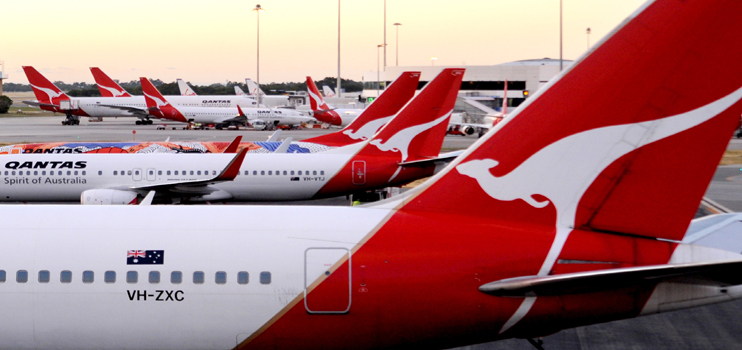Australian business and discount domestic airfares have fallen in May as the nation faces a federal election and economic jitters.
Best discount fares were sharply lower than in April, which this year benefited from a combination of the busy Easter holiday period, Anzac Day as well as school holidays.
But they were also lower than May 2018, according to a survey of internet booking sites by the Bureau of Infrastructure Transport and Regional Economics.
Best discount airfares were 8.3 percent lower than a year ago and business fares were 10.4 percent down.
However, restricted economy fares for the month bucked the trend to increase by 4.6 percent.
Business travel tends to weaken prior to a federal election hitting destinations such as the nation’s capital particularly hard.
Travel in some sectors has also been affected by economic uncertainty and weakened consumer confidence.
Qantas said earlier this month that it was facing slowing domestic demand but was waiting until after the May 18 federal election to get a better sense of whether this was temporary.
READ: Qantas sells Melbourne terminal, sees ‘mixed’ domestic demand.
“Domestically, demand is mixed,’’ Qantas boss Alan Joyce said.
“The resources sector continues to grow and we’re capitalizing on that with a lot of extra flying in Western Australia and Queensland.
“Leisure demand was very strong over Easter and is holding up well, and we’re pleased with our growing share of the corporate and small business segments.
“We’re seeing increased softness in parts of the domestic corporate market for May and June, particularly financial services, telecommunications and some areas of construction.
“Growth is also slowing in the small business market.”
International Air transport Association figures for March showed passenger traffic measured in revenue passenger kilometres declined by 3.2 percent and the passenger load factor was down almost a percentage point 79.3 percent.
IATA said this was the fifth consecutive month of contracting demand.
























